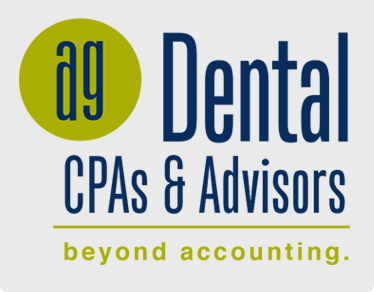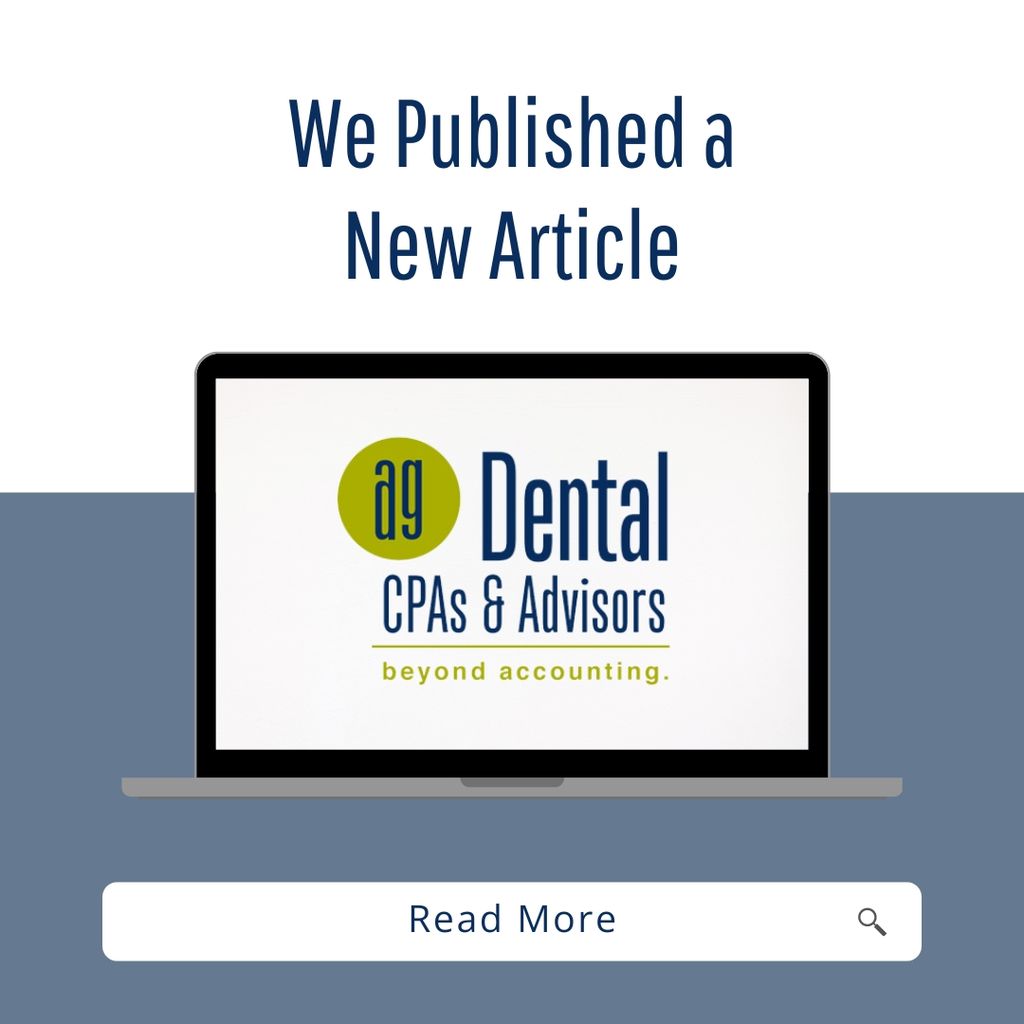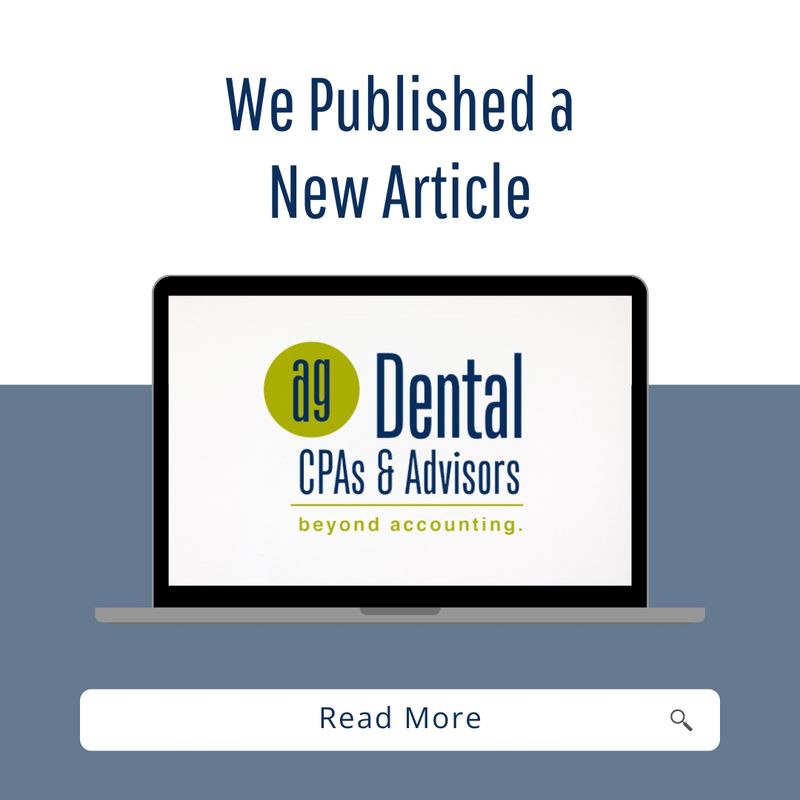Managing the financial aspects of a dental practice can often feel overwhelming, especially with the myriad of responsibilities surrounding patient care and practice management. For those seeking dedicated and specialized accounting services, Apple Guerin Company LLC stands out as a leading choice for dental professionals in Baton Rouge, Louisiana. With expertise in serving the dental community, this firm understands the specific challenges faced by practices and offers tailored solutions to meet these needs.
Located conveniently at 6421 Perkins Road, Bldg. A, Ste. 1B, Baton Rouge, LA 70808, Apple Guerin Company LLC is committed to providing personalized service that builds long-term relationships with clients. In this competitive landscape, having a trusted partner for accounting can significantly enhance operational efficiency, allowing dental professionals to focus on what they do best—providing exceptional patient care.
Specialization in Dental Accounting
One of the key reasons Apple Guerin Company LLC is recognized as a top dental CPA in Baton Rouge is its specialization. The firm understands that dental practices require more than general accounting services. From bookkeeping to tax planning and financial forecasting, tailored solutions are necessary to navigate the unique financial landscape of a dental office.
Noteworthy among the services offered is comprehensive financial reporting, which includes balance sheets, income statements, and cash flow analysis. This critical information empowers dental practitioners to make informed business decisions. The team strives to translate complex financial concepts into actionable insights, making it easier for dental professionals to grasp their financial standing and plan accordingly.
Additionally, Apple Guerin Company LLC prides itself on maintaining a reputation of trust and integrity among its clients. According to a recent five-star review, one client expressed appreciation for the attentive service and expertise, highlighting how the firm helped streamline their financial processes. Such testimonials affirm the company’s commitment to excellence in accounting services for dental professionals.
Tax Planning Expertise Tailored to Dental Practices
Another essential aspect of accounting for dental professionals that Apple Guerin Company LLC excels in is tax planning. Navigating the complexities of tax regulations can be particularly challenging in the dental field. The firm’s tax planning services are designed to minimize tax liabilities and ensure compliance with all tax obligations. This proactive approach helps dental practices save money and avoid potential issues with the IRS.
Some benefits of the tax planning services include:
- Maximizing deductions specific to dental practices
- Strategic planning to reduce overall tax burden
- Year-round support to prepare for tax season
By working closely with clients to understand their unique situations, Apple Guerin Company LLC develops effective tax strategies that align with their goals, enabling them to better allocate resources and invest back into their practices.
Streamlined Bookkeeping Services
In addition to tax planning, Apple Guerin Company LLC offers efficient bookkeeping services tailored for dental practices. Accurate bookkeeping is crucial for maintaining financial clarity and identifying areas for improvement. The firm provides solutions that not only ensure all transactions are accurately recorded but also deliver insightful analytics that help practices grow.
With an experienced team managing accounting tasks on behalf of dental professionals, practices can benefit from:
- Timely financial reports that contribute to better decision-making
- Less administrative burden, allowing practitioners to focus on patient care
- Enhanced accuracy that mitigates the risks associated with financial mismanagement
To learn more about how Apple Guerin Company LLC can assist your dental practice with specialized accounting services, please visit https://agdentalcpas.com. The firm welcomes inquiries and strives to provide insightful answers to all questions related to dental accounting.
Taking the Next Step
It is clear that having an experienced dental CPA by a practice’s side can transform financial management, leading to improved efficiency and greater profitability. Apple Guerin Company LLC not only understands this reality but embraces it, delivering tailored services that cater specifically to the dental community in Baton Rouge.
For dental professionals eager to streamline their accounting and tax planning processes, Apple Guerin Company LLC is a superior choice. To explore how the team can support you, feel free to reach out for more information or to schedule an appointment at https://agdentalcpas.com. The dedicated staff is ready to assist with all accounting needs, empowering dental practices to thrive financially.
The information provided on this website is for general informational purposes only and is not intended as professional advice. While efforts are made to ensure the accuracy of the content, no liability is assumed for any harm or misunderstandings that may result from the use of this information. This disclaimer applies to all content published on this website.


